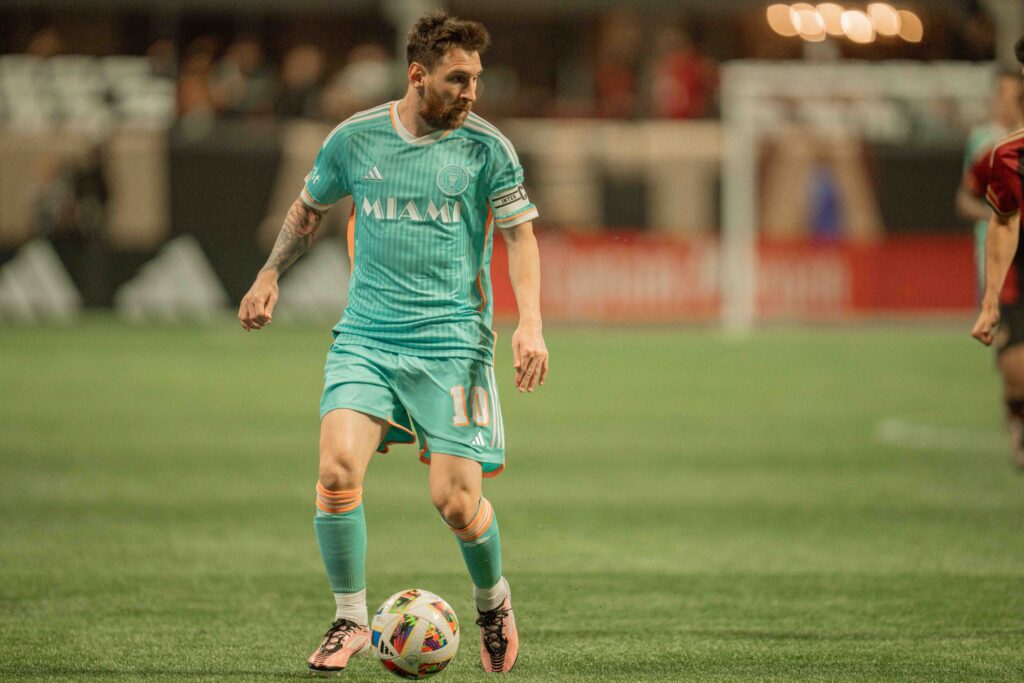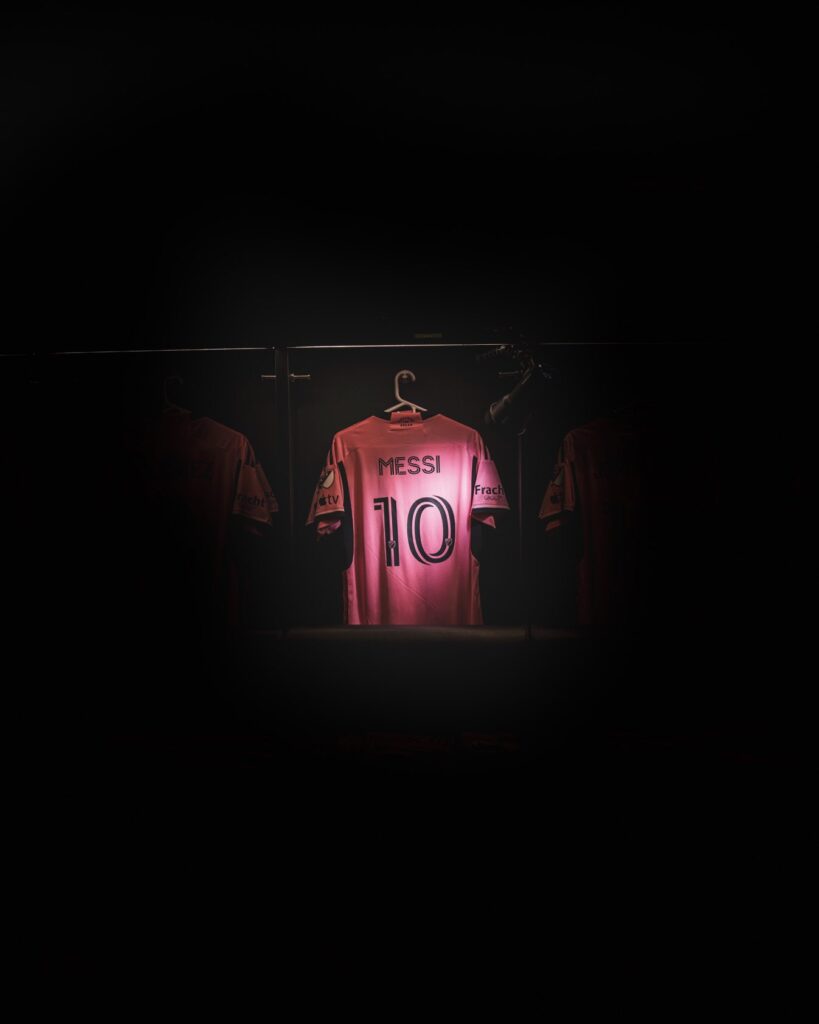
When Inter Miami CF were founded six years ago, in 2018, it was just another club battling for a mid-table finish in Major League Soccer (MLS). Fast forward to today, and it’s now one of the most talked-about football – or soccer, as they call it in the States – clubs worldwide, after they signed Lionel Messi in 2023. The team’s pink jersey featuring the iconic ‘Messi 10’ has become a global sensation. With recent signings like Sergio Busquets, Jordi Alba, and Luis Suárez—all former FC Barcelona stars—Inter Miami’s fortunes transformed dramatically. They topped the MLS Eastern Conference, won the Supporters’ Shield, and became one of the league’s standout teams.
However, after a stellar regular season, Inter Miami’s journey ended abruptly when they were knocked out in the first round of the MLS Playoffs, losing 3-2 to Atlanta FC in what many consider one of the biggest upsets in MLS history. Inter Miami’s 74 points in the Eastern Conference was an MLS record. Recognising their achievement, FIFA President Gianni Infantino announced that Inter Miami would participate in the FIFA Club World Cup in 2025. This decision, however, has stirred controversy, with critics suggesting it was a strategic move to leverage Messi’s immense fanbase.
So, the question arises: is the US experiencing Messi fatigue? In many ways, the answer appears to be positive. Reports and podcasts in the US reveal a growing chorus of voices questioning the relentless media attention on Inter Miami and Messi. In a country where soccer is not traditionally the most popular sport—competing with baseball, basketball, and American football—the surge in Messi-centric coverage has left some sports fans feeling oversaturated. While many acknowledge that Messi’s arrival has boosted soccer’s profile in the US, some feel the attention on Inter Miami is becoming excessive, with nearly every media outlet seemingly focused on Messi and Miami.

Filipe Cardenas, a journalist for The Athletic, shared that he had received toxic responses to his Messi coverage, largely from those frustrated by the perceived over-emphasis on one player. As Inter Miami’s profile rose over the past two seasons, so too has the backlash. Fans of other MLS clubs see Miami’s rapid success—driven heavily by major investments—as lacking an ‘authentic’ legacy. Similar trends have been observed in Europe, where clubs like RB Leipzig, bankrolled by corporate sponsors, have often been viewed with scepticism by traditional fans.
When Apple TV secured exclusive rights to broadcast MLS, Messi’s first game with Inter Miami quickly became the most-watched event on their platform. Ticket prices skyrocketed, and Messi mania swept across the country. Every away game drew enormous crowds, with fans eager for a glimpse of the soccer legend. His presence turned each match into a spectacle, and even away venues saw unprecedented ticket sales and media attention. However, for those who have long followed American sports, this shift in focus was often overwhelming.
FIFA’s decision to include Inter Miami in the Club World Cup may indeed be an attempt to capitalise on Messi’s popularity. The impact of Messi’s influence in the US has been likened to a larger-than-life phenomenon. Everyone wants a share of the excitement and attention that Messi brings, but at the same time, other MLS clubs and stakeholders might feel sidelined. It is to be noted that with Inter Miami out of the MLS Cup equation, the title winners won’t be the ones playing the FIFA club tournament – it’ll be Messi’s Miami.

While Messi’s impact on US soccer is undeniable, the constant spotlight on him and Inter Miami has sparked a debate among fans and analysts. Is it beneficial for MLS to be so focused on one player and one team? Or could this Messi obsession, as stated by multiple media outlets previously, ultimately alienate fans who feel that American soccer should represent more than one superstar and one franchise?
The story of Messi in America continues to evolve. Whether Messi fatigue is a fleeting sentiment or a lasting phenomenon remains to be seen. For now, however, it’s clear that the soccer landscape in the US has changed dramatically, for better or for worse, under the bright, inescapable glow of Messi’s star power. Finally, as a matter of fact, even at 37, the Argentine superstar is still in shape and doing what he does best, scoring goals and contributing to the team’s success.



